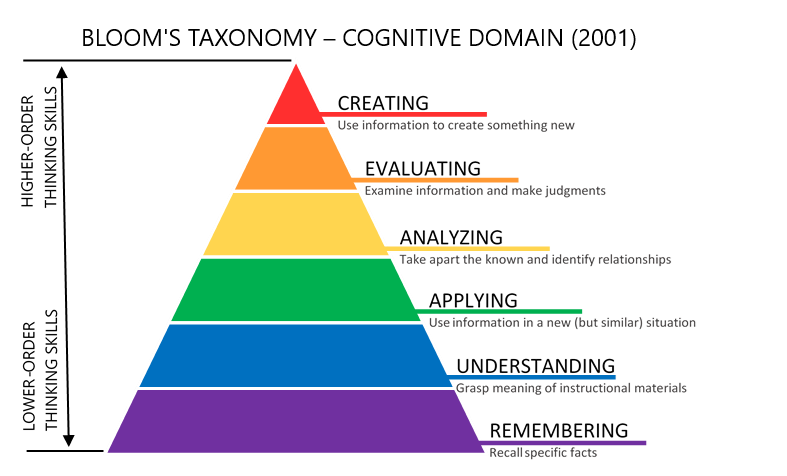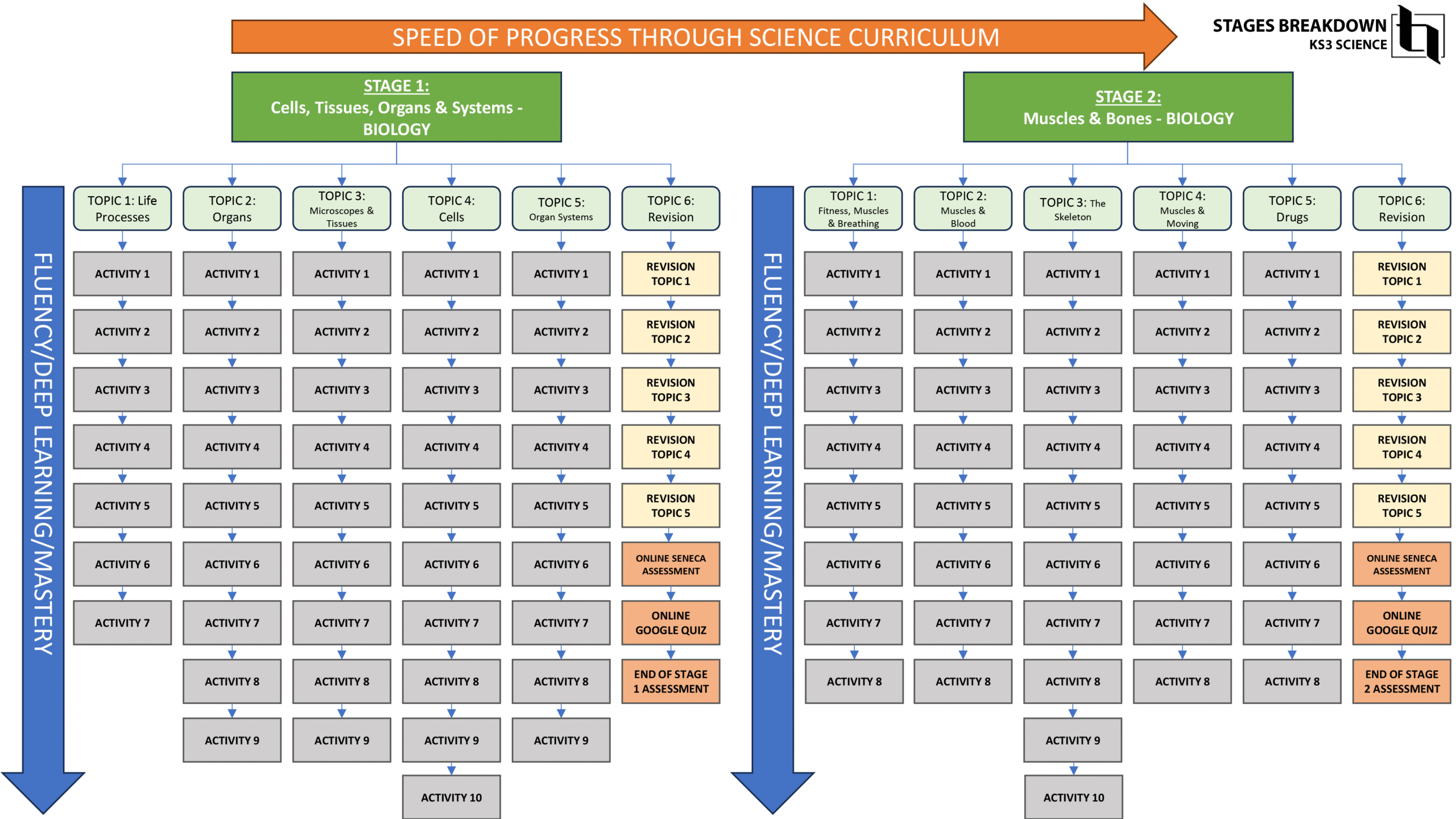Mastery vs. Accelerated Learning
What’s Best for My Child?
Skip to:
Introduction
Over the past year, we’ve spoken with several parents who’ve asked the familiar question: “My child seems to finish tasks quickly, so should they be working at a higher level?” It’s a natural thought. When a child flies through a task, it’s tempting to assume they’re ready for the next stage. But learning isn’t like climbing a ladder where you simply step up once you reach the top. It’s more like building a house: skip the foundations and the whole thing wobbles, no matter how impressive it looks from the outside. This is the key difference between mastery vs accelerated learning.
A child may seem ready for more because they finish quickly, say they’re bored or find current tasks straightforward. But what looks like boredom can sometimes mask a reluctance to engage with the patience, precision and deeper thinking that true understanding requires. That’s why mastery focuses on making sure the “foundations” are secure, before we build anything on top.
And readiness for challenge isn’t just about knowing the answer. It also relies on what educators call “soft skills”: focus, emotional regulation, teamwork and resilience. For younger children, these are the essential building blocks that help them manage mistakes, take turns and engage with learning in a positive way. Without them, children may race through tasks, but struggle as they hit trickier concepts later on. It’s like trying to finish a jigsaw puzzle when half the pieces are missing.
So, the question isn’t: “Can they handle more advanced learning?”
It’s: “Do they truly understand what they’re doing and can they cope with what comes next?”
1. The Mastery Difference
Mastery learning is an approach where children are given the time, support and practice needed to fully understand a concept before moving on. It’s not about how quickly a child learns something, but how deeply they understand and can use it. It’s not about speed; it’s about security. Think of it like planting a tree: slow to establish, but strong enough to weather storms and keep growing.
Accelerated learning, by contrast, is when children are moved more quickly through the curriculum, sometimes tackling content from higher year groups earlier than expected. It might seem exciting – after all, who doesn’t love watching progress? But acceleration is a bit like growing plants under a heat lamp: they sprout quickly, but their roots aren’t strong. The growth is fragile and won’t last long unless the foundations are already firm.
In other words, acceleration without understanding gives you fast flowers, not strong trees.
2. Real-world Examples: Literacy & Numeracy
Literacy Example
Let’s say a child is an advanced reader for their age: they fly through books and rarely stumble on words. You might think they’re ready for longer, more complex novels. But what if they can read the words… but don’t understand half of them? They may be decoding brilliantly but still missing out on inference, deeper comprehension or author’s purpose. Mastery in this case isn’t about reading harder books, but understanding what they read at a deeper level.
Numeracy Example
Times tables are another common example. A child might quickly memorise all their multiplication facts and it seems like accelerated learning is paying off. But what happens when fractions, division, decimals or algebra come along? If they only memorised the answers, they’ll struggle. Mastery means exploring patterns, making connections and applying number facts flexibly, so that the child understands multiplication, not just recalls it.
3. Why ‘Knowing’ isn’t the Same as Mastering (Bloom’s Taxonomy Explained)
Parents sometimes believe their child is ready for more challenge because they can recall facts, finish tasks quickly or say they are bored. But remembering the answer is only the first step in learning, not the end point.
To explain, teachers often use Bloom’s Taxonomy: a framework built into curriculum planning in UK schools that shows how learning develops in stages:
- Remembering – recalling facts, definitions, formulas or quotations.
- Understanding – explaining ideas in their own words.
- Applying – using knowledge in new situations.
- Analysing – spotting patterns, breaking down ideas or identifying errors.
- Evaluating – making judgements with reasoning.
- Creating – producing new ideas, solutions or original work.
The first two steps are essential foundations, but they don’t show whether a child is ready for more advanced learning. True mastery is demonstrated when children can apply, analyse, evaluate and create with their knowledge. Skipping ahead before they are secure can create gaps, frustration and resistance to learning later on.

4. A Case Study from Our Science Groups
Several years ago, we noticed a recurring pattern in our Key Stage 3 Science groups: students were progressing through units at a rapid pace, but their end-of-unit assessment results didn’t reflect secure understanding. They were completing lessons quickly (a sign of accelerated learning) yet the depth of learning wasn’t strong enough to support long-term achievement.
In response, we adjusted our approach.
Instead of delivering each science unit in one block, we identified the different concepts that each unit consisted of and divided the content into five topics.
Students worked through each topic at a steady pace and had the appropriate resources to extend and deepen their learning before moving on to the next topic. We also included a sixth topic, which was guided revision of all of the five topics.
This shift reflected a mastery-based approach, similar to what we use in maths.
Although it meant students moved through units more slowly, their assessment outcomes improved significantly. More importantly, they demonstrated stronger reasoning, better application of ideas and higher levels of independence.
This experience emphasised the distinction between mastery vs accelerated learning. Fast progress through content did not result in lasting understanding. Slowing down to focus on depth (even when it took longer) led to much stronger foundations and longer-lasting progress.

Image: Breakdown of Key Stage 3 Science Stages
5. What are the Pros and Cons for Both?
Mastery Learning
Accelerated Learning
6. When is a Child Ready for More?
At TechBloq, “extension” isn’t about more work or harder topics. It’s about deeper thinking and applying knowledge in new ways.
When do we offer challenge? When students can:
- Work accurately and consistently
- Reason and explain their answers
- Stay focused and can work independently
- Persist when it gets hard and can handle mistakes positively.
- Show social and emotional maturity appropriate for their age
If these are in place, we gradually introduce more complex or open-ended tasks, at the right pace. If these signs are still developing, the best next step is to strengthen foundations first.
7. Why Soft-Skills Matter as Much as Academic Ones
From KS1 to KS4, children are not only learning facts and methods, they are also developing as people. Skills like teamwork, focus, resilience, socialisation and emotional regulation play a huge role in academic success and in life beyond education.
Large-scale studies show that children’s social and emotional skills in the early years predict later achievement, wellbeing and even career outcomes. That’s why, in discussions of mastery vs accelerated learning, we take these “softer” areas just as seriously as academic progress.
8. The Bottom Line: Depth Over Speed
It’s easy to equate progress with how quickly a child moves ahead, but depth is more important than pace. Rushing ahead may look impressive in the short term, but it can lead to gaps, stress and resistance later on.
Our approach is simple:
- Build solid foundations through mastery.
- Nurture confidence, resilience and curiosity.
- Provide challenge that is meaningful, not just faster.
- Keep learning fun and engaging – especially in the early years – so children see it as a joy, not a chore.
Ultimately, understanding mastery and accelerated learning helps show that the goal isn’t speed, but steady, confident growth. That’s how we prepare children not just to keep up, but to thrive, all the way from KS1 to KS4 and beyond.
At TechBloq, we follow a mastery approach, which means helping children build a deep understanding of what they learn, not just move quickly through topics.
However, true mastery takes time, repetition and regular practice, most of which needs to happen at home.
Our sessions are designed as part-time support, not a full replacement for daily study.
Because our groups often include children of varied ages and ability levels, our priority is to ensure every learner reaches a secure understanding of key concepts before moving on. Application and fluency, especially in subjects like maths, requires regular, focused practice at home.
Mastery learning is a long-term process, not a one-hour outcome.
To achieve real mastery, children need to keep practising and applying what they’ve learned between sessions – for example, revisiting maths topics, completing short tasks, or explaining ideas in their own words. These small, regular habits make a big difference over time.
Our role is to guide, model and build the foundation. The parent’s role is to support, reinforce and provide consistency. When both work together, children develop genuine confidence and depth in their learning beyond what our sessions alone could achieve.
Accelerated learning is possible, but it requires careful planning, consistent effort and strong support at home. Children need time to consolidate understanding, not just move quickly through content. Without this, gaps can form and stress levels (for both parents and children) can rise. A successful accelerated pathway often includes:
- A structured study routine at home with minimal distractions.
- Balanced weekly time allocated to each subject, combining new learning with revision.
- Access to targeted support, e.g. tutors, online platforms (like IXL, Seneca) and exam preparation resources.
- Close parental involvement in monitoring progress, setting achievable goals and guiding difficult topics.
- Encouraging soft skills such as resilience, focus and time management, which are essential for coping with accelerated demands.
Acceleration should be gradual and flexible, respecting the child’s well-being while keeping them challenged. True long-term success comes from combining pace with mastery, not rushing alone.
For parents interested in a more detailed guide to accelerated learning pathways, we are creating a dedicated page that will cover step-by-step strategies, planning tips and best practices for home-educating children aiming to complete GCSEs on an accelerated schedule.
Mastery learning doesn’t mean children must achieve “perfect” understanding before they can move on. That would be unrealistic and could hold them back unnecessarily.
Instead, it means they have a secure grasp of the essentials: they can explain the concept in their own words, apply it in different contexts and avoid repeating the same mistakes.
This often looks like:
- Spending extra time revisiting tricky areas through short review sessions.
- Using varied activities so children practise the same skill in different ways.
- Identifying and addressing gaps early, rather than piling new content on top.
At TechBloq, we prioritise the core objectives (for example, in maths: number sense, place value and times tables) while still exposing children to the full range of topics. Not every detail needs to be mastered straight away, but the key building blocks do, because they unlock progress later.
So in short: mastery is not about slowing down indefinitely, but about ensuring secure foundations before adding new layers. Done well, with lots of consistent support, it can help children meet and exceed curriculum targets more confidently.





Connect with Us